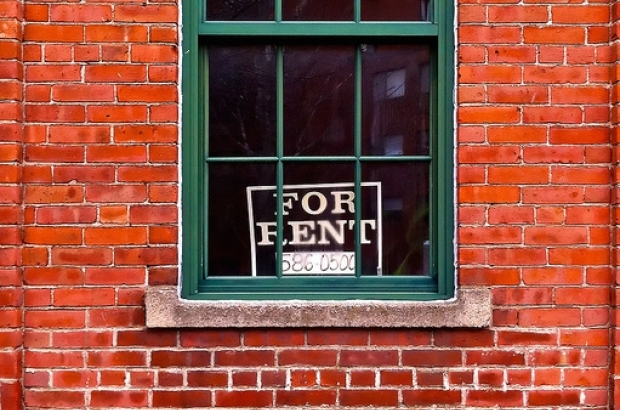- Daily & Weekly newsletters
- Buy & download The Bulletin
- Comment on our articles
Brussels looks to create ‘price grid’ to track area rents
The Brussels parliament's housing committee is debating a government proposal that would create a database of all rental contracts to monitor the housing market.
The aim would be to set up a centralised registration system for housing rental contracts, Bruzz reports, with the draft ordinance referring to “the most complete monitoring of current rental contracts possible”.
Such a database would eventually lead to a policy tool to combat excessive rents, the idea being that, based on the database, there could be a "price grid" with indicative rents for each housing type for each neighbourhood to serve as a reference for the market.
This would be an improved version of the current tool, the proposal’s supporters say. Landlords would also have to report characteristics such as the number of rooms and energy efficiency.
State secretary Nawal Ben Hamou (PS) plans for a "joint rent commission" to serve as a kind of jury that, in the event of a tenant complaint - for example, if the requested rent is 20% higher than the reference - would have to decide whether the requested rent is reasonable.
But such a jury system could only work properly if the indicative price table gives an accurate picture of the neighbourhood in question, supporters argue, meaning the government needs access to all rental contracts.
The rent committee is planned to be organised with cooperation from tenants' associations and landlords. Some landlord associations, however, have already indicated opposition to the commission intended to ensure fair rent for tenants and protect them from price-gouging.
An opinion from the Housing Advisory Council, a broad body that includes both tenants and landlords, has made little progress beyond listing the concerns of both sides, indicating how sensitive the issue has already become.
Tenants' organisations are overwhelmingly in favour of more government intervention in the rental market, with some also wanting tenants to have access to the contracts of their predecessors, so they can check to what extent the landlord has increased the rent between contracts.
Landlords, unsurprisingly, are largely opposed to an increase in government intervention and claim many will stop renting out properties because of "the additional administrative burden".
They also worry that a detailed database would open the door to additional taxes.

















Comments
This nonsense solves no problems whatsoever.
It will only create problems.
Centralization of information is dangerous and costly.
This database will become the ultimate tool to control the market and impose rent levels to landlords.
In the middle it will increase taxes and also costs (through a constant imposition of "improvements").
In the long run, it will increase rents to heights never before seen and thus make it impossible to live in the city for the majority of city workers.
Welcome to Soviet style rental controls and worker khrushchevka housing!
We are paying politicians too much for them to be sitting around wasting time on such ridiculous antisocial projects!
We see right through them!